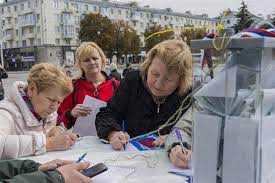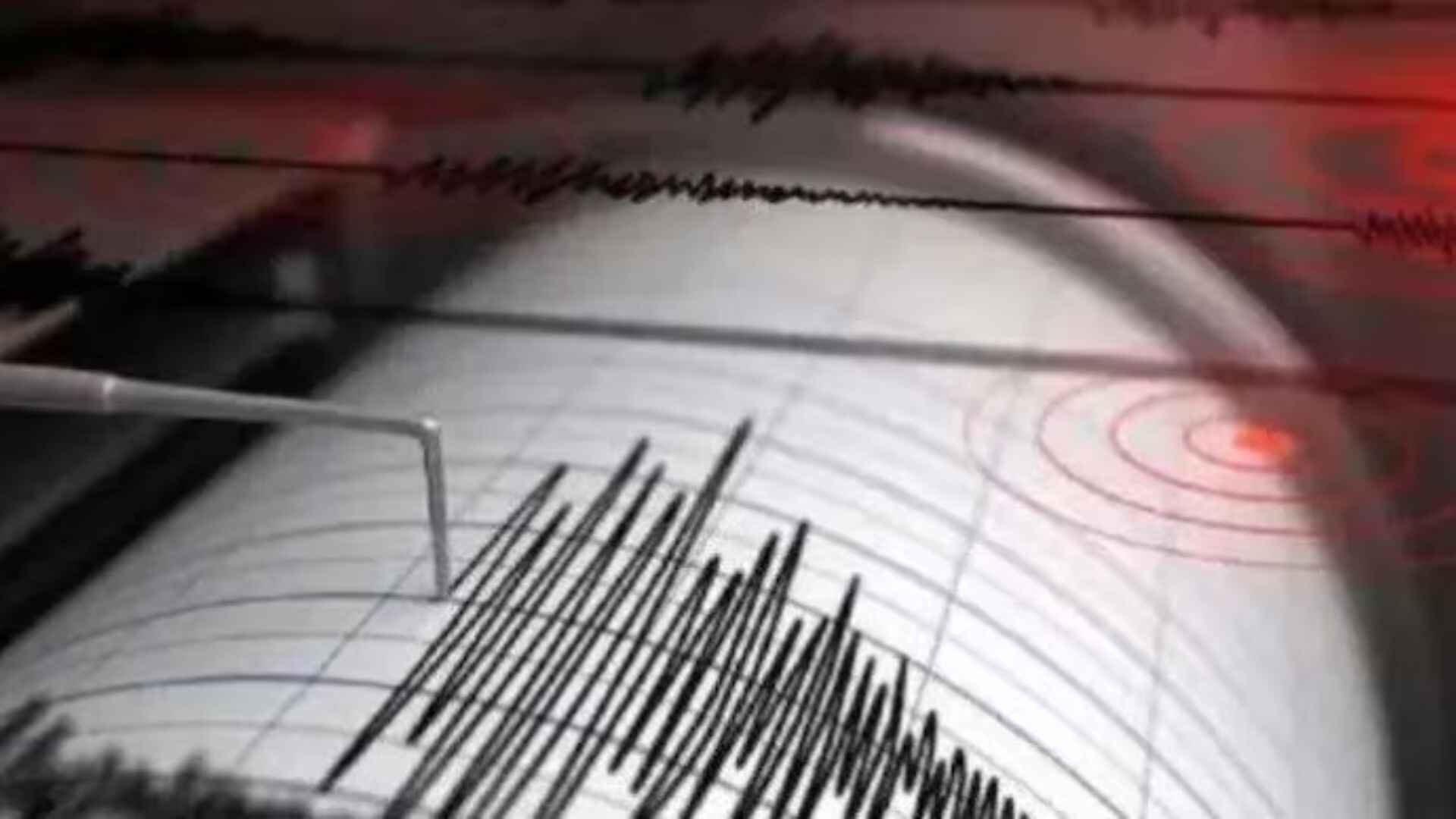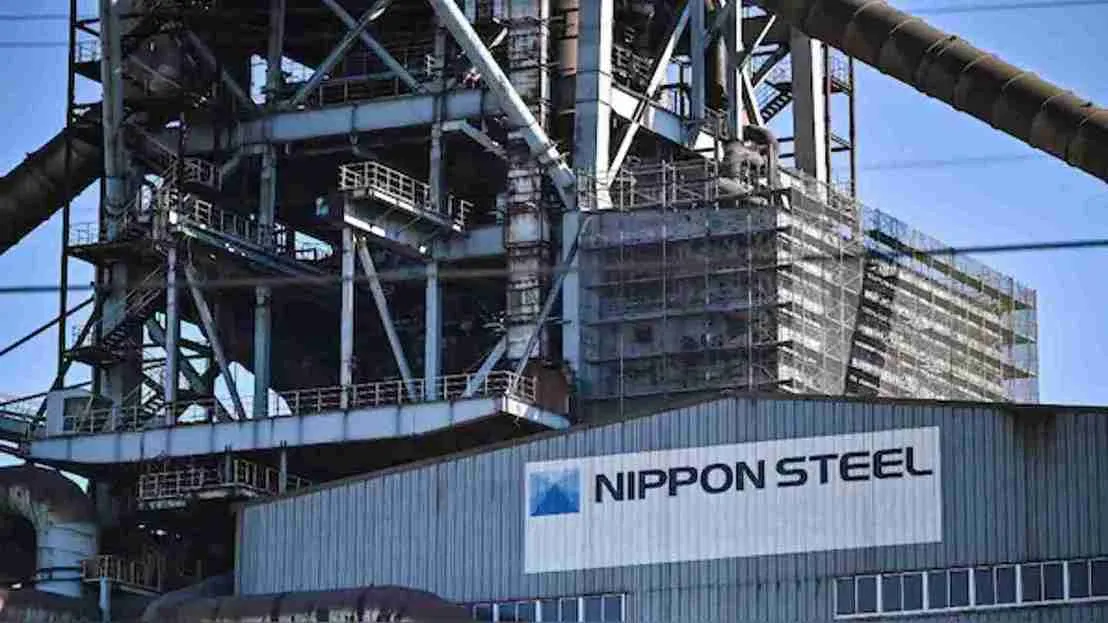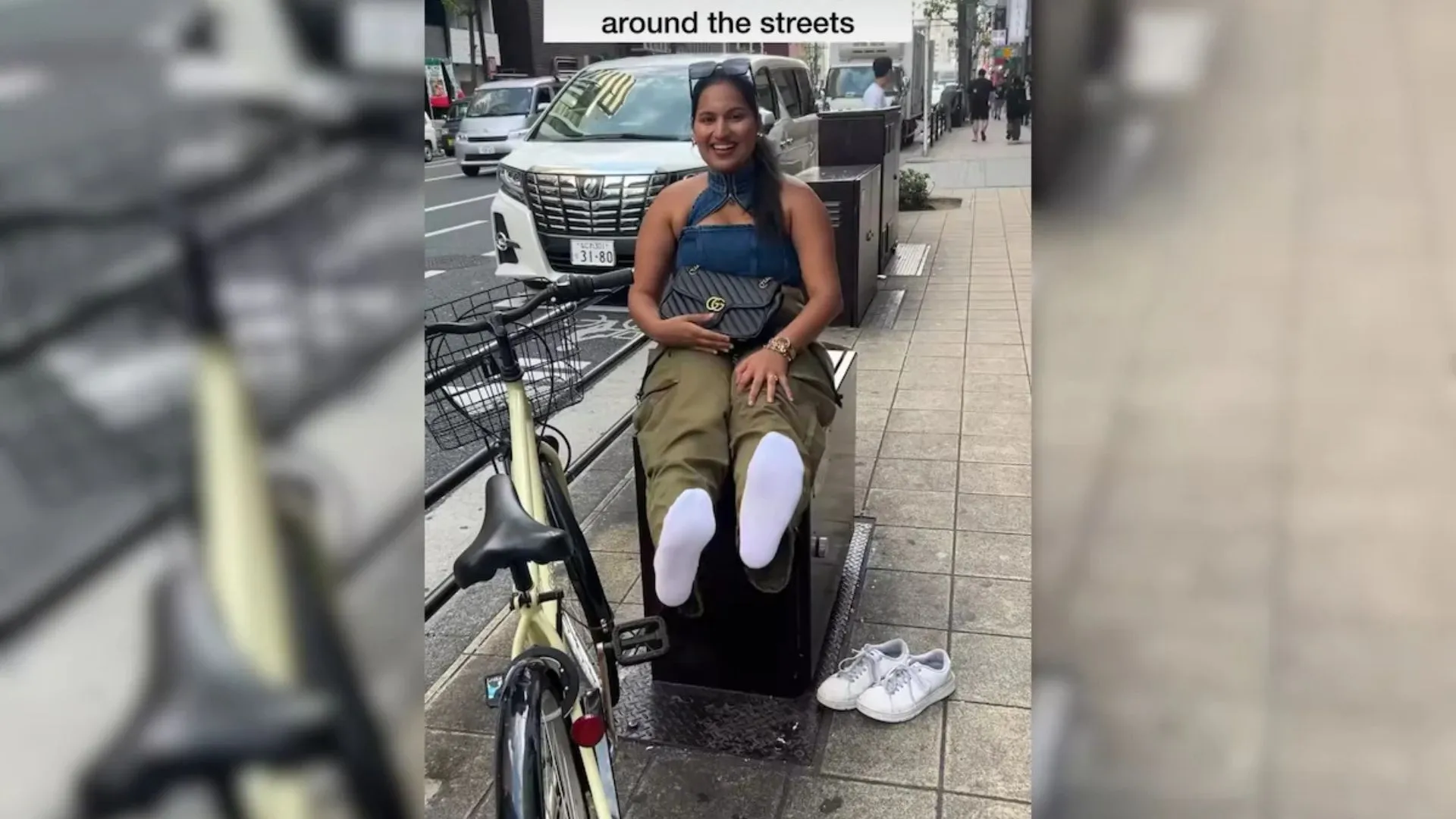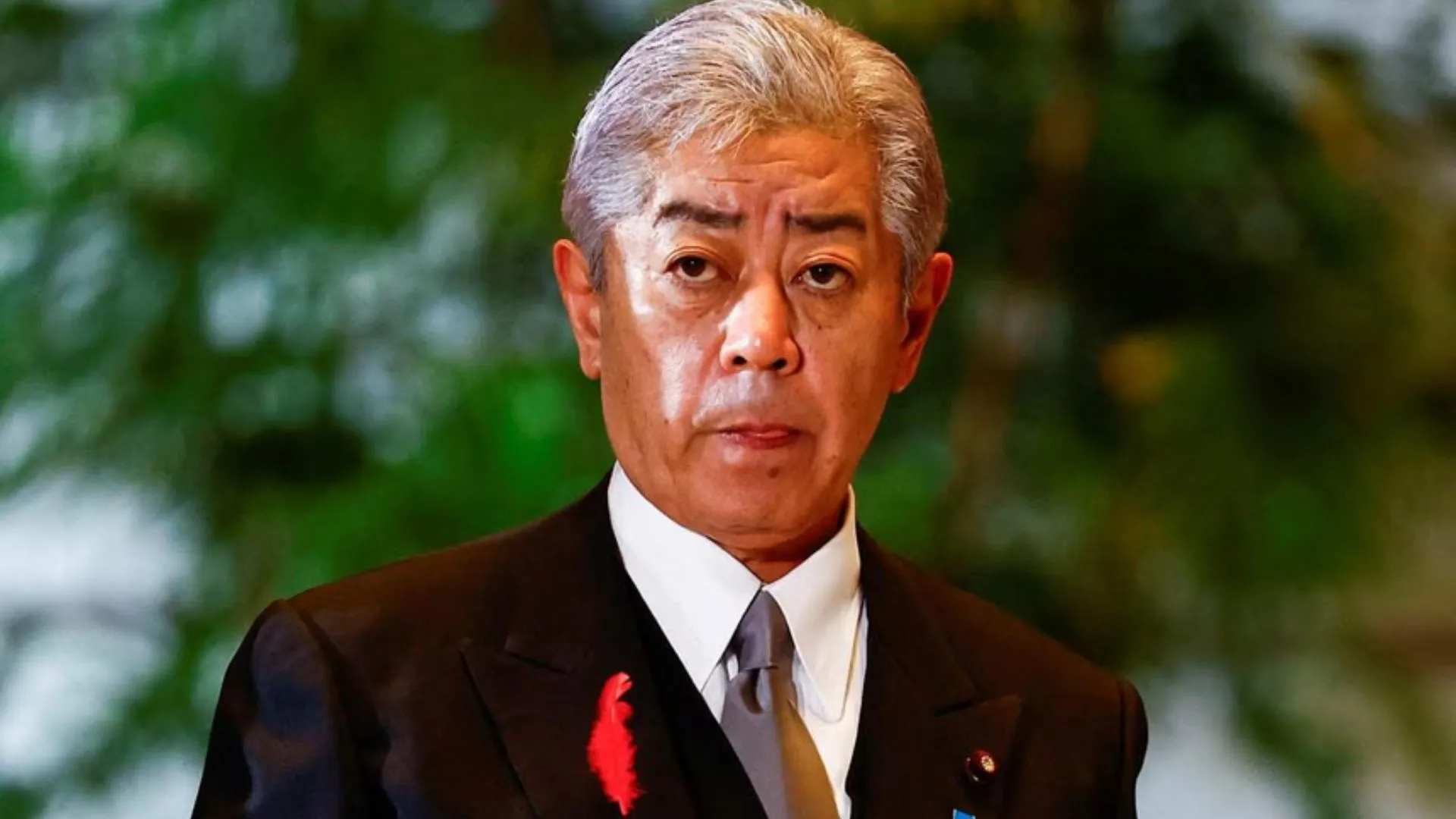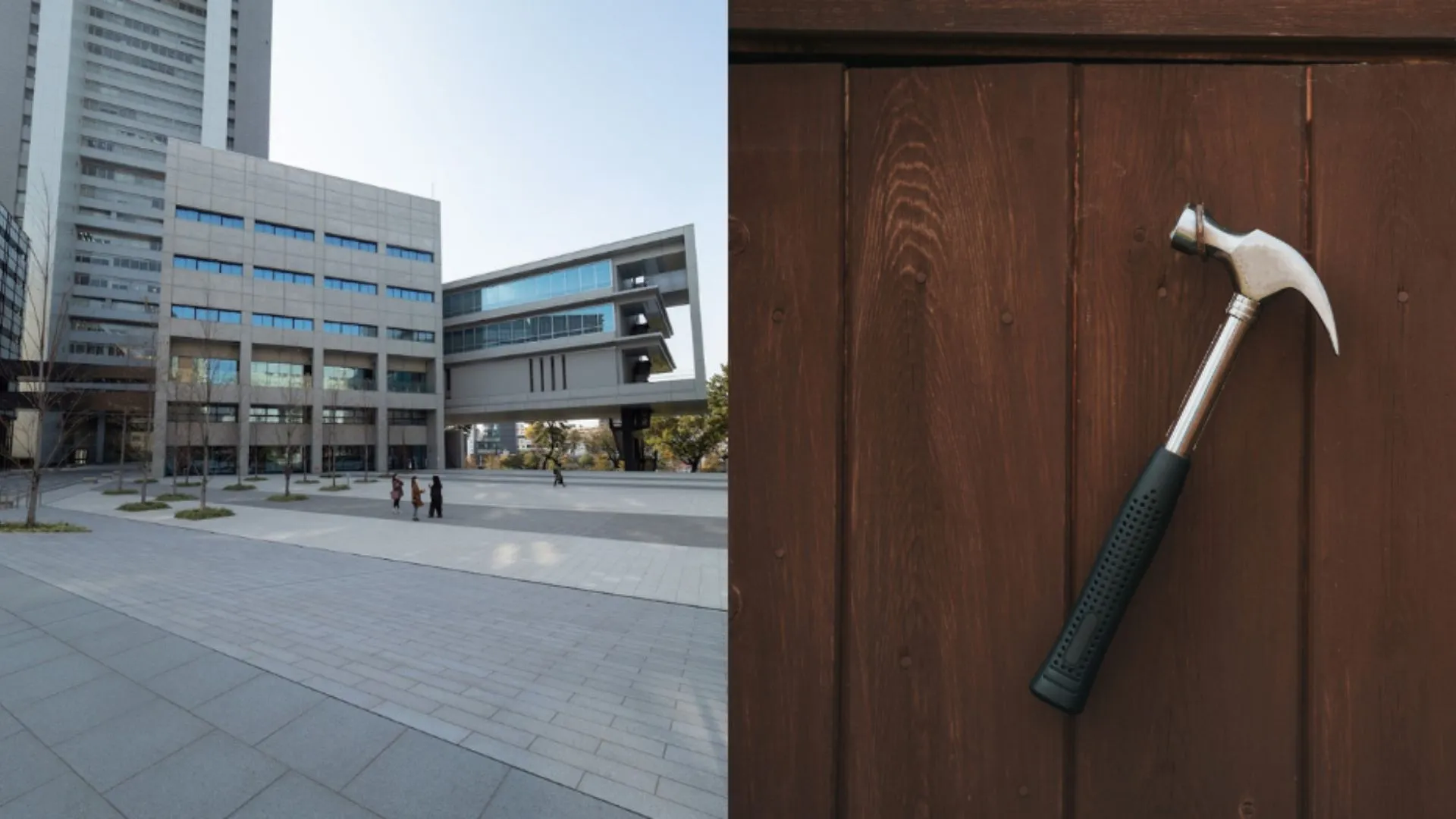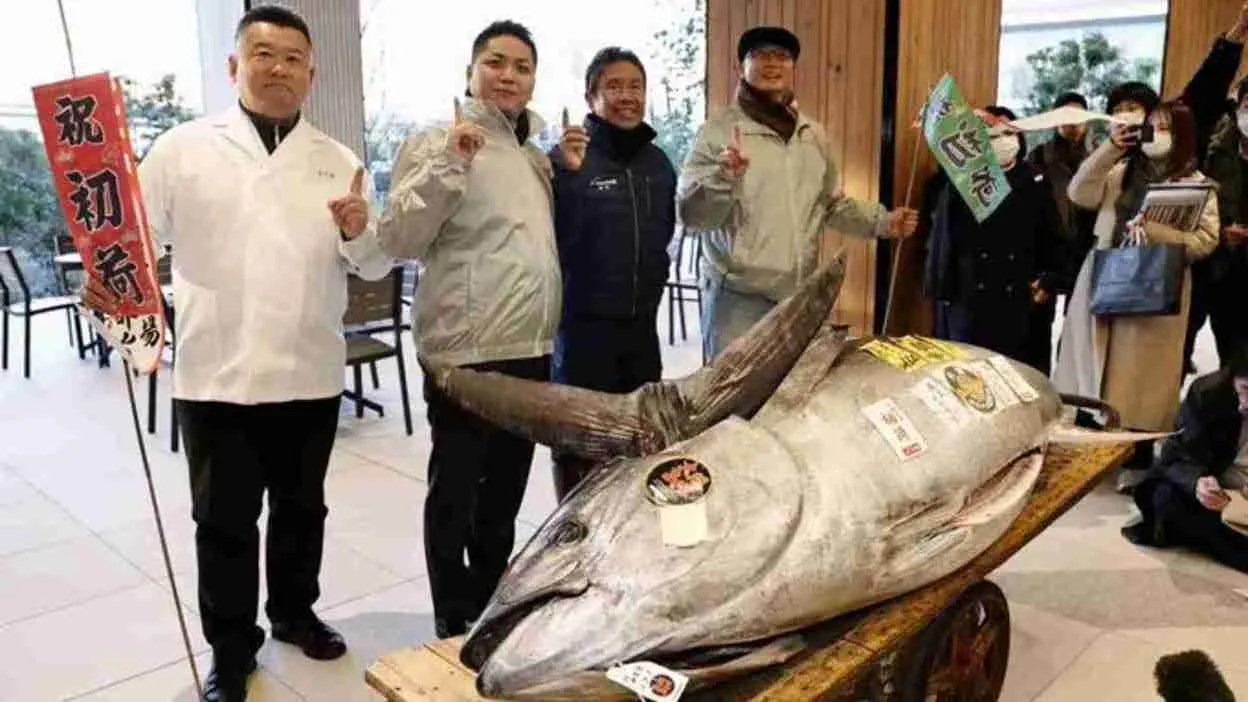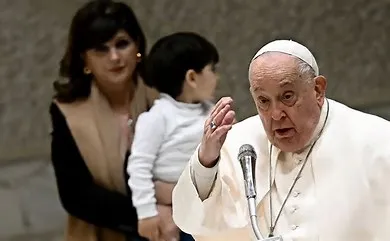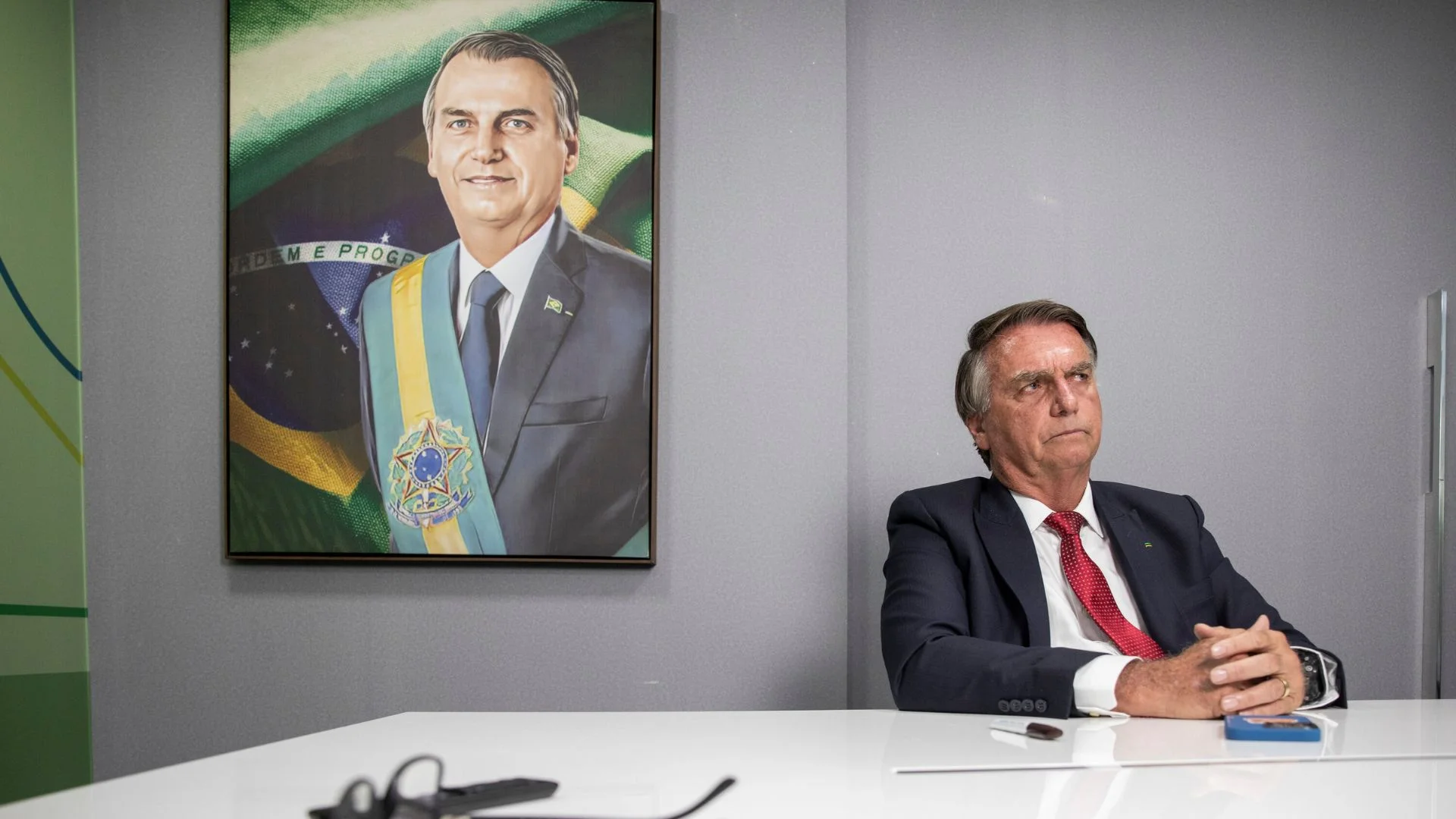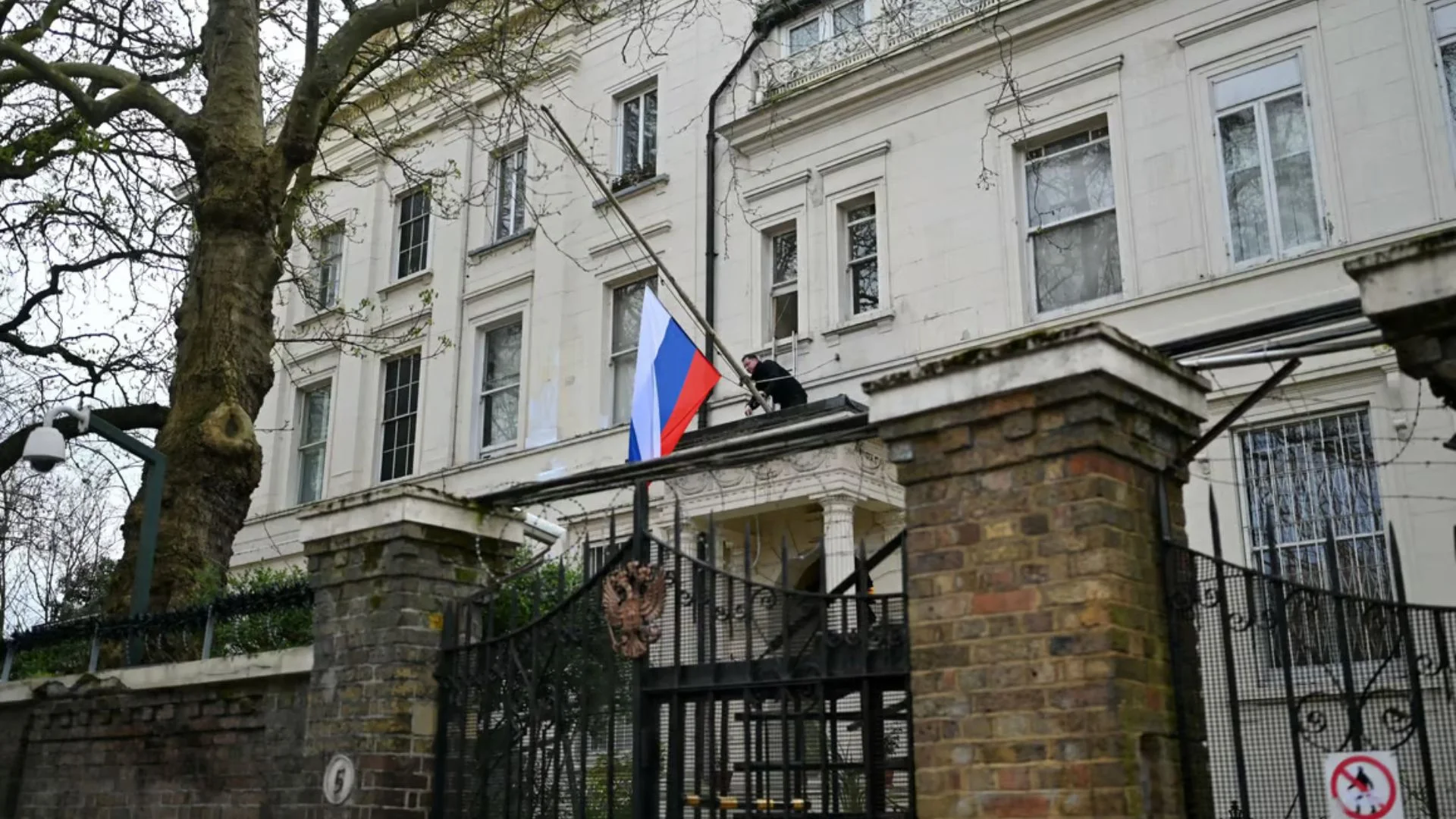Russian authorities are holding local elections this weekend in occupied parts of Ukraine in an effort to tighten their grip on territories Moscow illegally annexed a year ago and still does not fully control. The voting for Russian-installed legislatures in the Donetsk, Luhansk, Kherson and Zaporizhzhia regions begins on Friday and concludes on Sunday. It has already been denounced by Kyiv and the West.
“It constitutes a flagrant violation of international law, which Russia continues to disregard,” the Council of Europe, the continent’s foremost human rights body, said this week.
Kyiv echoed that sentiment, with the parliament saying in a statement that the balloting in areas where Russia “conducts active hostilities” poses a threat to Ukrainian lives. Lawmakers urged other countries not to recognise the results of the vote.
For Russia, it is important to go on with the voting to maintain the illusion of normalcy, despite the fact that the Kremlin does not have full control over the annexed regions, political analyst Abbas Gallyamov said.
“The Russian authorities are trying hard to pretend that everything is going according to plan, everything is fine. And if everything is going according to plan, then the political process should go according to plan,” said Gallyamov, who worked as a speechwriter for Russian President Vladimir Putin when Putin served as prime minister.
Voters are supposed to elect regional legislatures, which in turn will appoint regional governors. In the Donetsk and Luhansk provinces, thousands of candidates are also competing for seats on dozens of local councils. The balloting is scheduled for the same weekend as other local elections in Russia. In the occupied regions, early voting kicked off last week as election officials went door to door or set up makeshift polling stations in public places to attract passersby.
The main contender in the election is United Russia, the Putin-loyal party that dominates Russian politics, although other parties, such as the Communist Party or the nationalist Liberal Democratic party, are also on the ballots.
For some residents of the Donetsk and Luhansk regions, large swaths of which have been held by Russian-backed separatists since 2014, there is nothing unusual about the vote.
“For the last nine years, we’ve been striving to get closer with Russia, and Russian politicians are well-known to us,” Sergei, a 47-year-old resident of the occupied city of Luhansk, told The Associated Press, asking that his last name be withheld for security reasons. “We’re speaking Russian and have felt like part of Russia for a long time, and these elections only confirm that.”
Some voters in Donetsk shared Sergei’s sentiment, expressing love for Russia and saying they want to be part of it. The picture appears bleaker in Kherson and Zaporizhzhia. Local residents and Ukrainian activists say poll workers make house calls accompanied by armed soldiers, and most voters know little about the candidates, up to half of whom reportedly arrived from Russia — including remote regions in Siberia and the far east.
“In most cases, we don’t know these Russian candidates, and we’re not even trying to figure it out,” said Konstantin, who currently lives in the Russian-held part of the Kherson region on the eastern bank of the Dnieper River.
Using only his first name for safety reasons, Konstantin said in a phone interview that billboards advertising Russian political parties have sprung up along the highways, and campaign workers have been bused in ahead of the vote.
Controversial Elections in Kherson and Zaporizhzhia Amidst Russian Control
Kherson and Zaporizhzhia: The situation in Kherson and Zaporizhzhia appears bleak, with reports of armed soldiers accompanying poll workers making house calls. Many voters know little about the candidates, and up to half of them are reportedly from Russia, including remote regions like Siberia and the far east.
Lack of Interest in Candidates: Many locals do not know the Russian candidates and do not make an effort to learn about them, as they believe these elections are held for Russian propaganda purposes.
Previous Referendums: The text mentions referendums staged by Moscow in partially occupied regions, which were denounced by Ukraine and the West as illegal and as a sham to legitimize annexation.
Russian Control: Moscow maintains control of about 70 percent of the Kherson region, with other regions also being partially occupied. Ukrainian forces have managed to regain some territory during a summer counteroffensive.
Forced Voting: In some areas, such as Melitopol in the Zaporizhzhia region, local residents are reportedly being effectively forced to vote, with armed individuals making it difficult to refuse.

